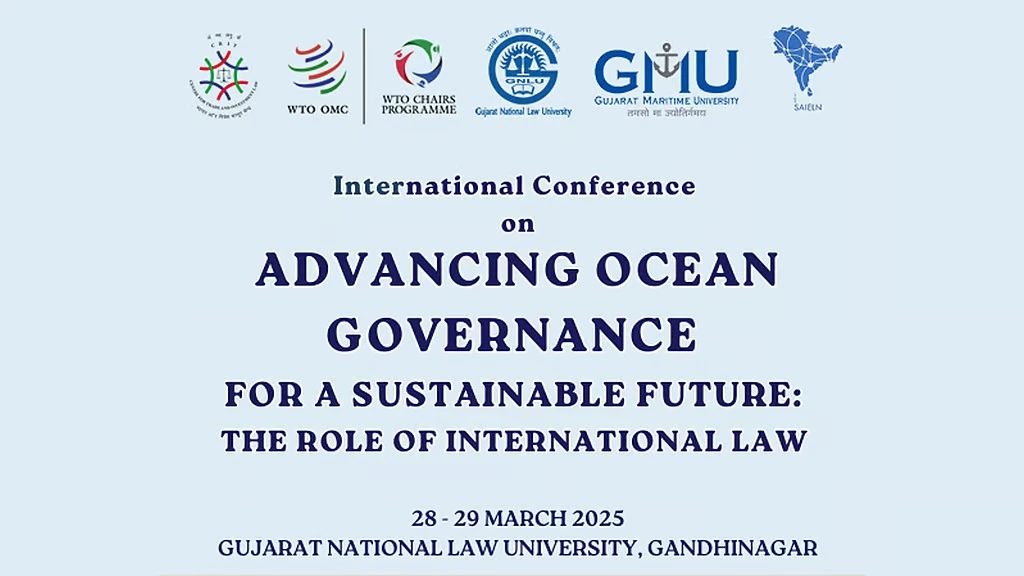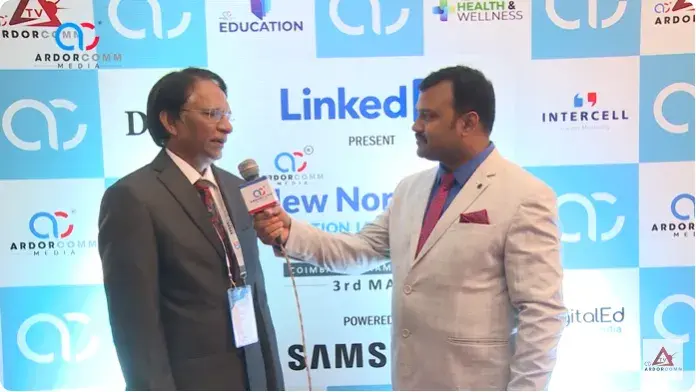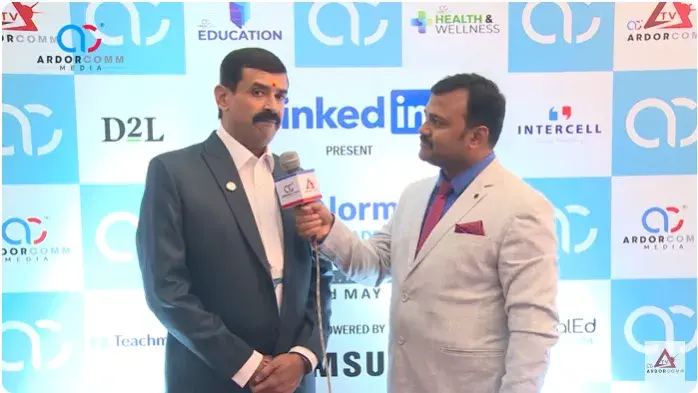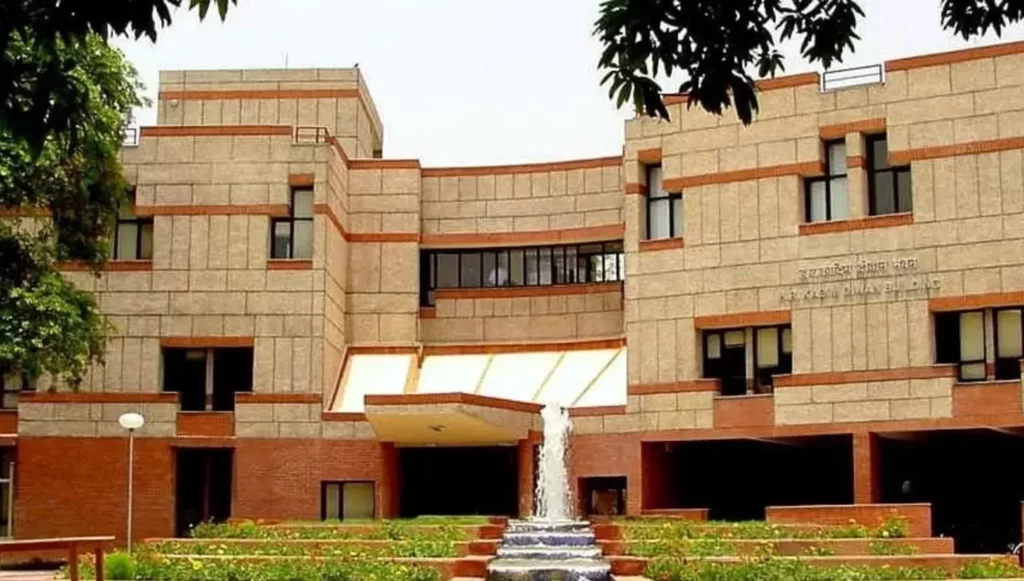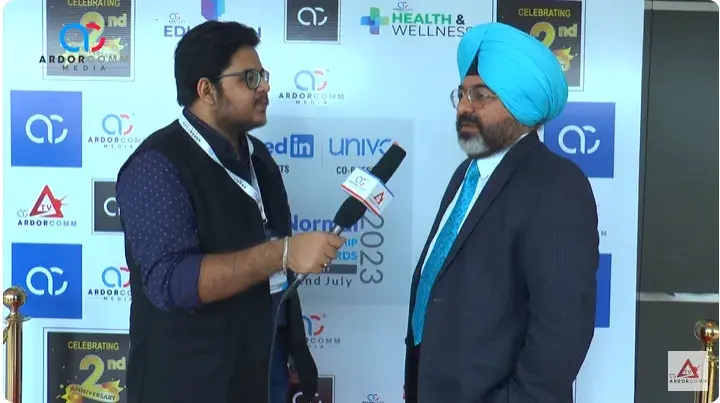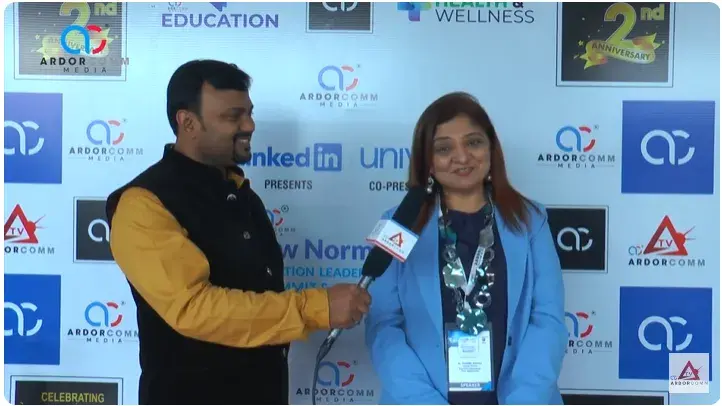IIM Sambalpur Unveils New Undergraduate Programmes in Public Policy and AI to Shape Future Leaders
In a strategic move aligned with the National Education Policy (NEP) 2020, the Indian Institute of Management (IIM) Sambalpur has launched two groundbreaking undergraduate programmes: Bachelor of Science in Management and Public Policy and Bachelor of Science in Data Science and Artificial Intelligence. These four-year, fully residential programmes are designed to nurture future-ready professionals with a blend of analytical, ethical, and leadership skills. The BSc in Management and Public Policy targets students interested in driving grassroots change, with a curriculum that emphasizes sustainability, ESG (Environmental, Social, and Governance) principles, and community-led development. The programme aspires to bridge the gap between policy formulation and real-world impact. Admissions to this course will be facilitated through the Common University Entrance Test (CUET). Meanwhile, the BSc in Data Science and Artificial Intelligence, developed in collaboration with industry stakeholders, aims to boost India’s digital transformation journey and enhance global competitiveness. It focuses on cultivating ethical AI use, advanced data analytics, and innovation-driven problem-solving. Entry into this programme will be via JEE Main scores. Highlighting the institution’s progressive approach, the courses are structured with multiple entry and exit options—students can earn a certificate after one year, a diploma after two, a degree after three, and an honors degree upon completing the fourth year. This flexibility is intended to support diverse learner pathways in line with NEP 2020 goals. IIM Sambalpur Director, Prof. Mahadeo Jaiswal, expressed pride in the launch, calling it a “pioneering step” in cultivating responsible, entrepreneurial leaders. “These programmes are not only about acquiring academic knowledge; they’re about building leaders equipped with a global outlook and the compassion to address societal challenges,” he noted. The launch event also featured a roundtable discussion on the theme: ‘Global Capability Centres (GCCs) as Engines of Innovation for Global Enterprises’. The dialogue spotlighted the emerging role of GCCs as strategic, innovation-led units rather than cost-effective back-offices. Bramhanand Jha, Vice President at the National eGovernance Division (MeitY), served as the chief guest. He emphasized the transformative role of GCCs in shaping future-ready, tech-enabled enterprises that drive global business strategies. Keynote speakers included Lt. Col. Piyush Shukla, Director of JEE at the National Testing Agency (NTA), and Rajesh Kumar, Director of CUET at NTA. Both underlined the significance of evolving India’s education assessment systems to support innovation, inclusivity, and talent discovery aligned with the country’s Atmanirbhar Bharat vision. “The education landscape in India is being reshaped to identify talent capable of thriving in dynamic, innovation-driven environments like GCCs,” said Shukla. Kumar added that initiatives like CUET are vital to democratizing access to quality higher education and preparing students for leadership in a global digital economy. The launch concluded with insightful panel discussions featuring academic and industry experts on “Transforming Operations through GCCs: The Digital Shift from Cost Efficiency to Strategic Value” and “Aligning Talent Upskilling with Policy Innovation for Sustainable GCC Growth.” With this initiative, IIM Sambalpur reaffirms its commitment to fostering responsible, innovation-driven leadership that is attuned to the evolving demands of both national and global landscapes. Admissions for both UG programmes will begin in June 2025, with classes set to commence in September 2025. Source: Indian Express Photo Credit: IIM Sambalpur


